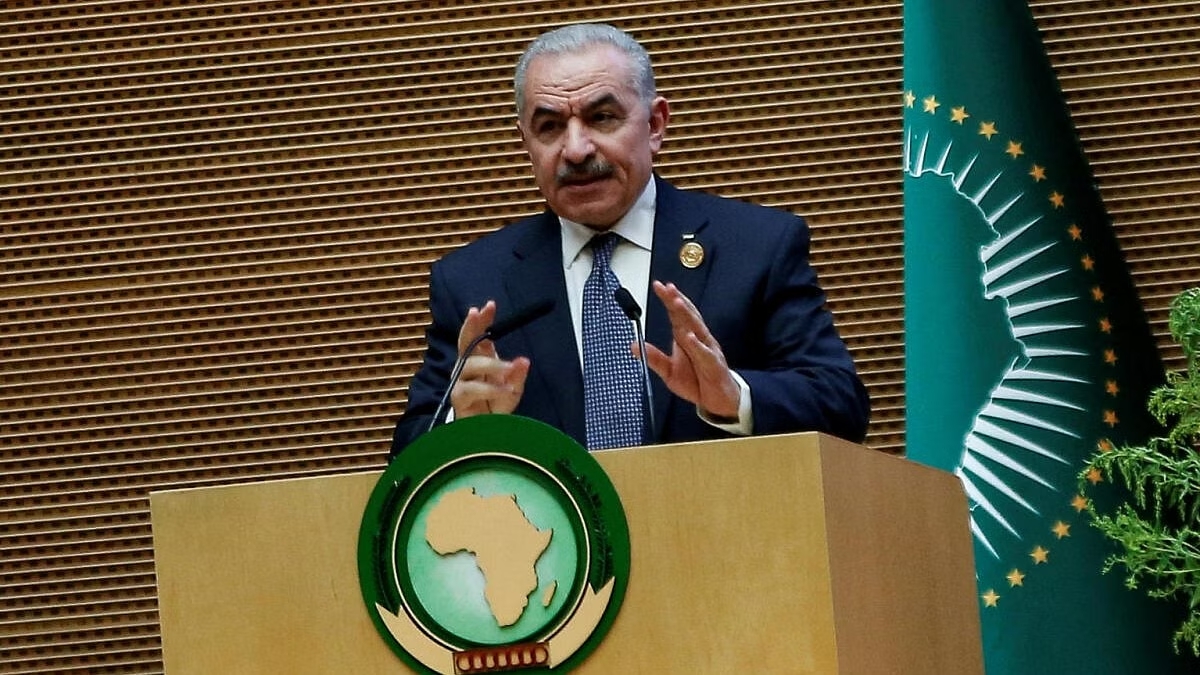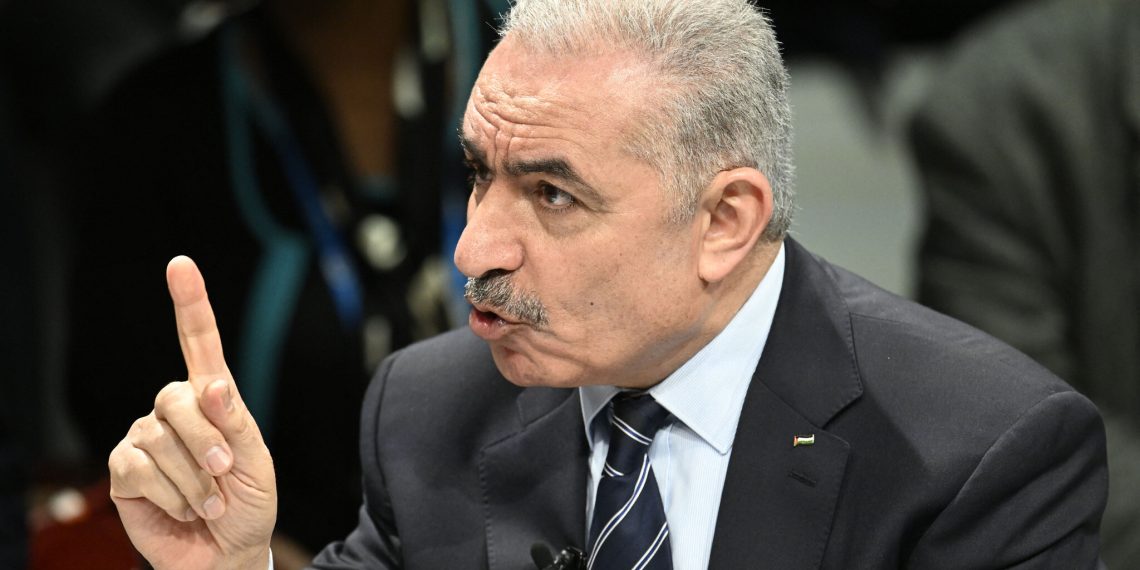Palestinian Authority Prime Minister Mohammed Shtayyeh announced his government’s resignation on Monday, revealing the move via a Facebook post.
This development unfolds amidst mounting pressure from the United States for the PA to enact governance reforms in the Israeli-occupied West Bank. Long criticized for corruption, the PA’s effectiveness has been questioned both domestically and internationally.
Established in the mid-1990s as a provisional body pending Palestinian independence, the PA operates from Ramallah in the West Bank, exerting nominal self-rule.
However, its control over Gaza waned in 2007 after Hamas’ electoral victory and subsequent takeover of the strip. Despite calls for its return, Israel opposes the PA’s presence in Gaza and rejects the notion of a Palestinian state in the territories.
While the US advocates for a reformed PA governing both the West Bank and Gaza, popular discontent among Palestinians is evident. Many perceive the PA as ineffectual, especially in providing security against Israeli incursions in the West Bank.
A recent poll showed over 60% of Palestinians favor dissolving the PA, with overwhelming support for President Abbas’s resignation.

The role of the prime minister within the PA emerged in 2003 amid calls for reforms following the Second Intifada. It marked a step towards power-sharing, with Yasser Arafat appointing Abbas as the inaugural prime minister.
Abbas later assumed the presidency upon Arafat’s passing in 2004. Shtayyeh’s resignation underscores the challenges facing the PA and its future trajectory amidst calls for reform and dissatisfaction with its governance.
As the Palestinian leadership grapples with internal discontent and external pressures, the resignation of Prime Minister Shtayyeh signals a pivotal moment in the PA’s history, with implications for its governance and relations with Israel and the United States.


















